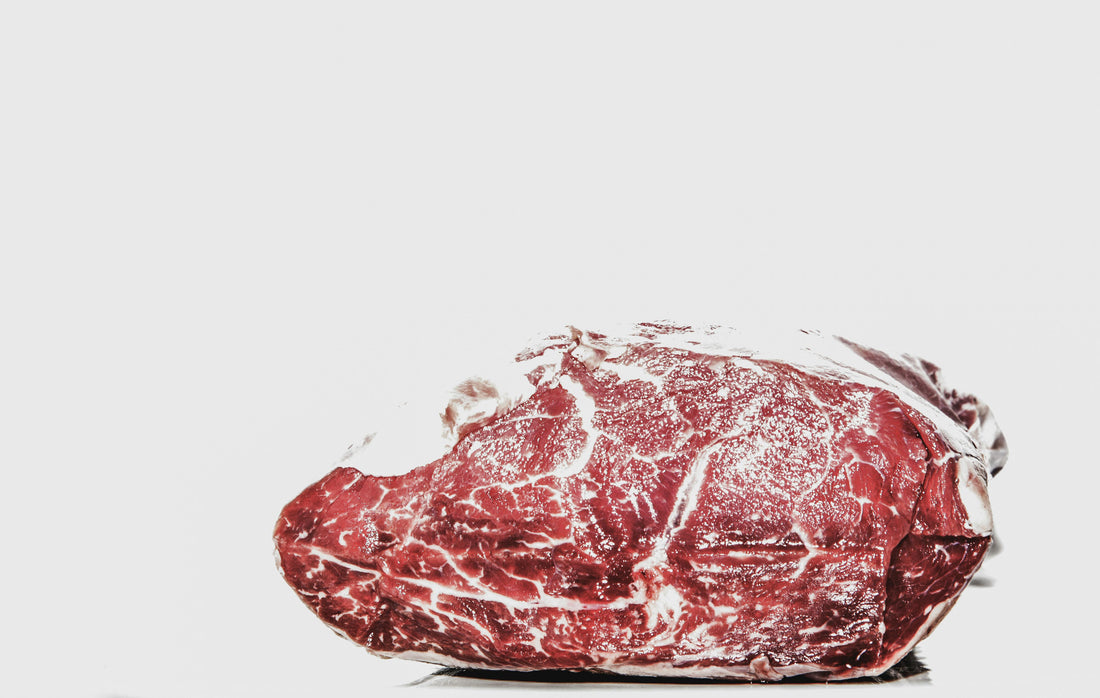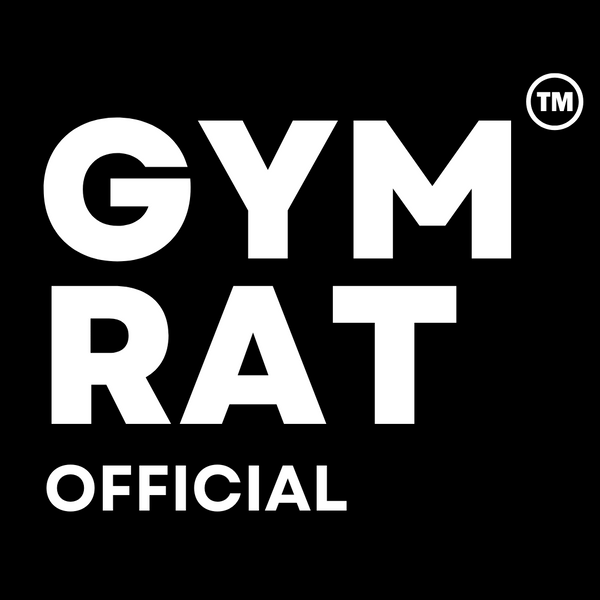
Why Your Plate is Your Most Powerful Tool on Your Weight Loss Journey
Share
We've all heard the saying, "You can't out-exercise a bad diet." And while hitting the gym and staying active are undeniably crucial for overall health and well-being, when it comes to weight loss, the truth is that what you eat is overwhelmingly the most significant factor.
It's a concept that might feel a little counter-intuitive at first. After all, isn't weight loss about burning more calories than you consume? Absolutely! But here's why your diet takes center stage:
1. The Calorie Deficit: Easier to Control on Your Plate
At its core, weight loss boils down to creating a calorie deficit – consuming fewer calories than your body uses. While a good workout session can burn a few hundred calories, it's remarkably easy to consume those calories back (and then some!) with just a single high-calorie meal or snack.
Think about it: a brisk 30-minute run might burn around 300 calories. That's roughly the same as a single large muffin or a sweetened coffee drink. It's simply far more efficient to manage your calorie intake through mindful eating than it is to try and burn off every dietary indulgence. Your kitchen is where the most impactful calorie adjustments are made.
2. Satiety and the Power of Smart Choices
Have you ever eaten a large bag of chips and felt hungry again almost immediately? Or devoured a sugary pastry only to experience a sugar crash and subsequent cravings? That's because not all calories are created equal when it comes to satisfying your hunger.
A diet rich in:
-
Protein: Keeps you feeling full and helps preserve muscle mass during weight loss.
-
Fiber: Adds bulk to your meals, aids digestion, and promotes sustained fullness.
-
Healthy Fats: Provide long-lasting energy and contribute to satiety.
These nutrients take longer for your body to digest, leading to prolonged feelings of fullness and fewer urges to snack unnecessarily. Conversely, highly processed foods, often high in refined sugars and unhealthy fats, offer little satiety, leading to a vicious cycle of hunger and overeating.
3. Nutrient Density vs. Calorie Density: Eating More for Less
Imagine a plate piled high with colorful vegetables, lean protein, and whole grains. You can eat a substantial volume of these foods for a relatively low number of calories because they are "nutrient-dense" – packed with vitamins, minerals, and water.
Now, picture a small slice of cheesecake or a handful of cookies. These are "calorie-dense" – a small portion can deliver a huge calorie punch with minimal nutritional value. Focusing on nutrient-dense foods allows you to feel satisfied and well-nourished without overshooting your calorie goals.
4. Building Sustainable Habits for Long-Term Success
True, lasting weight loss isn't about quick fixes or restrictive "fad diets." It's about cultivating sustainable habits that you can maintain for life. By prioritizing a balanced diet focused on whole, unprocessed foods, you're not just losing weight; you're building a healthier relationship with food. You're learning what truly nourishes your body and how to make choices that support your well-being in the long run.
While exercise is absolutely essential for building muscle, boosting metabolism, improving mood, and overall health, it works in partnership with your diet. Think of it this way: your diet sets the foundation, and exercise amplifies the results and sculpts your body.
So, as you embark on or continue your weight loss journey, remember that your plate is your most powerful tool. Embrace mindful eating, prioritize whole foods, and watch how powerfully your diet transforms not just your body, but your entire sense of well-being.


